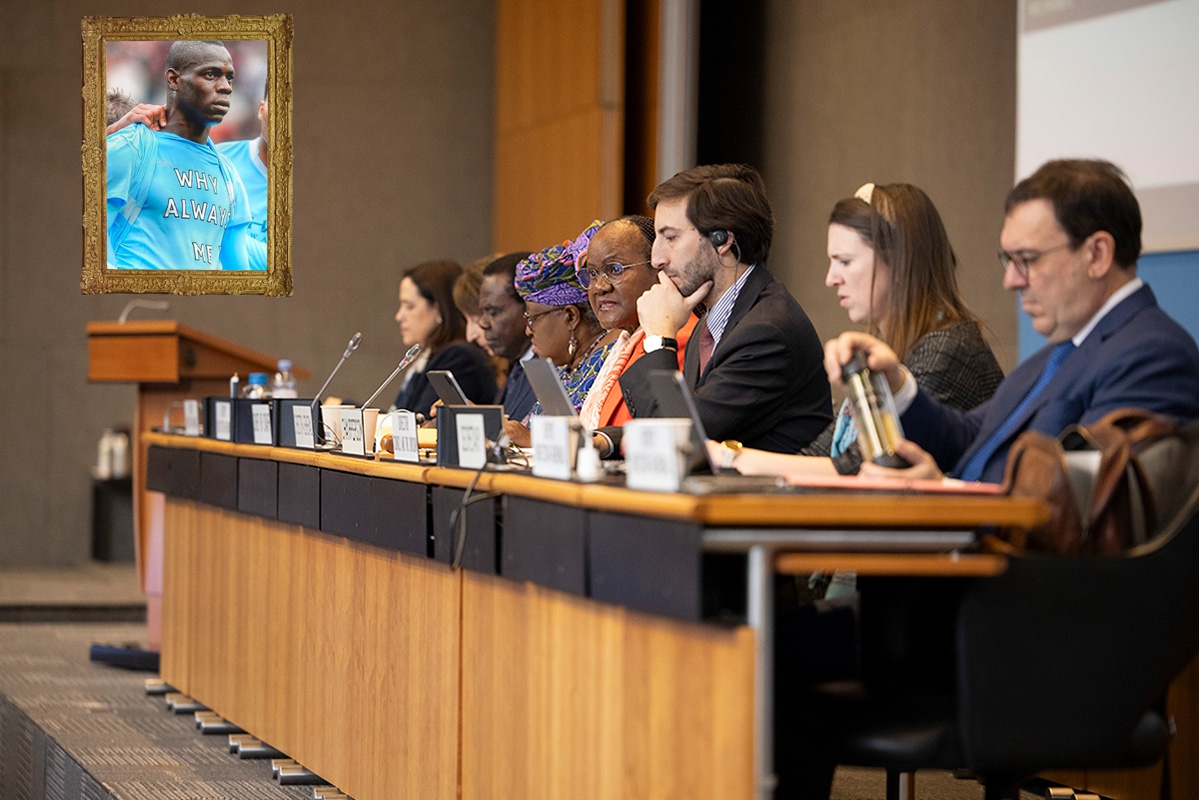SEE ALSO
Updates on the fisheries subsidies talks. And all stories tagged “fisheries subsidies”
By Peter Ungphakorn
POSTED FEBRUARY 16, 2024 | UPDATED FEBRUARY 16, 2024
Iceland’s ambassador Einar Gunnarsson, who chairs the World Trade Organization’s fisheries subsidies negotiations is expected to circulate on Monday (February 19, 2024) a new draft on curbing subsidies that contribute to overcapacity and overfishing.
The draft will be the final version for the February 26–29 Ministerial Conference in Abu Dhabi (“MC13”). At the previous conference in Geneva, June 2022, WTO ministers set the Abu Dhabi conference as the deadline for concluding the negotiations.
The draft is nicknamed “Fish 2” because it covers provisions that could not be agreed and were therefore dropped from the 2022 Fisheries Subsidies Agreement (“Fish 1”).
The new draft will draw on a “Fish Month” of negotiations that began in mid-January. This is Gunnarsson’s report to WTO ambassadors on the talks and on his intentions for the final draft, delivered on February 14, at the final General Council meeting before the Ministerial Conference.
Continue reading “What the fisheries subsidies talks’ chair reported to WTO ambassadors”










